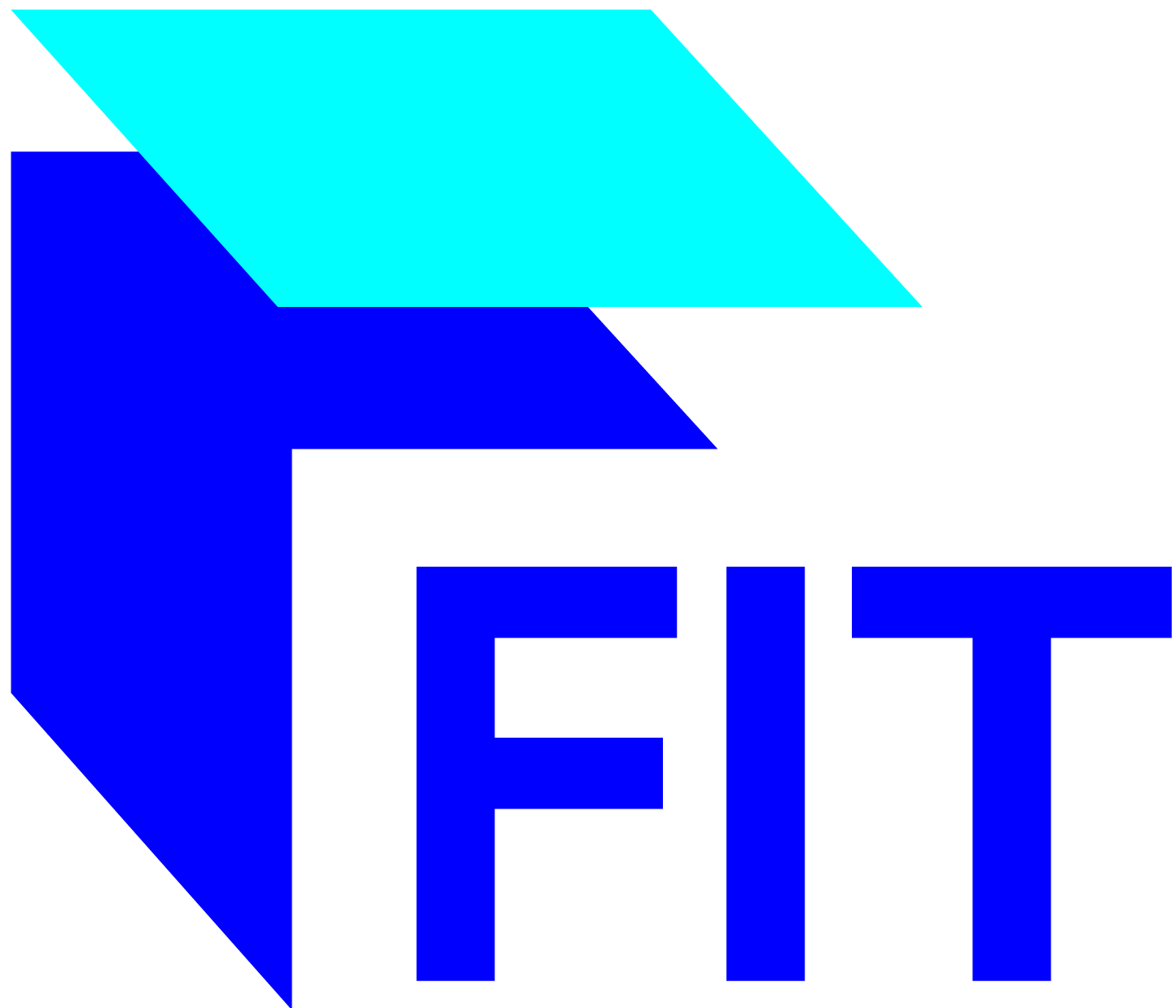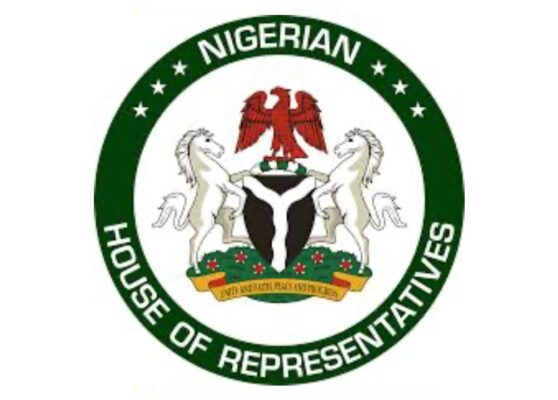Notifications
Clear all
CREDIT & LOANS
Status
Author
Topics
Forum
Replies
Views
Last Post
-1
129
11 months ago
How can we improve credit access for small businesses and individuals without traditional collateral?
By admin, Mar 03
-1
138
11 months ago
Consultation & Training
Professional and Tailored Consultation and Training Programs, designed for individuals and groups.
Credits & Loans Tools
Tools for Credits & Loans




Statistics
Data & Insights
2020-2030: ten years that will transform insurance forever
Get quick solutions to resolve failed or delayed bank transactions today.
Frequently Asked Question
What is FIT4Africa?
FIT4Africa (Financial Inclusion Tools for Africa) is a digital platform designed to bridge financial gaps by providing individuals, businesses, and stakeholders with access to credible financial information, expert guidance, essential tools, data-driven insights, and vibrant communities.
Who can use FIT4Africa?
FIT4Africa is open to individuals, small businesses, financial service providers, policymakers, researchers, and development organizations looking for financial inclusion solutions across Africa.
What is the difference between credit and a loan?
• Credit refers to the ability to borrow money or access goods/services with the agreement to repay later. It includes credit cards, overdrafts, and lines of credit.
• A loan is a specific amount borrowed that must be repaid over time with interest (e.g., personal loans, business loans, mortgages).
• A loan is a specific amount borrowed that must be repaid over time with interest (e.g., personal loans, business loans, mortgages).
Why is credit important?
Credit helps individuals and businesses access capital for urgent needs, investments, or growth opportunities. Responsible credit use can also improve financial stability and creditworthiness.
What are the different types of loans available?
• Personal Loans – Used for personal expenses like medical bills, education, or home improvements.
• Business Loans – Designed for entrepreneurs and businesses to expand or manage operations.
• Auto Loans – For purchasing vehicles.
• Mortgage Loans – Long-term loans for purchasing property.
• Agricultural Loans – For farmers and agribusinesses to finance equipment and production.
• Education Loans – Used to pay for tuition and academic-related expenses.
• Payday Loans – Short-term, high-interest loans for urgent cash needs.
• Microfinance Loans – Small loans for low-income individuals, often with flexible repayment options.
• Business Loans – Designed for entrepreneurs and businesses to expand or manage operations.
• Auto Loans – For purchasing vehicles.
• Mortgage Loans – Long-term loans for purchasing property.
• Agricultural Loans – For farmers and agribusinesses to finance equipment and production.
• Education Loans – Used to pay for tuition and academic-related expenses.
• Payday Loans – Short-term, high-interest loans for urgent cash needs.
• Microfinance Loans – Small loans for low-income individuals, often with flexible repayment options.
Who can apply for a loan?
• Be at least 18 years old.
• Have a steady source of income.
• Provide valid identification.
• Have a good credit history (where applicable).
• Have a steady source of income.
• Provide valid identification.
• Have a good credit history (where applicable).
What documents are needed to apply for a loan?
• Valid identification (e.g., national ID, passport).
• Proof of income (salary slips, bank statements, tax returns).
• Proof of residence (utility bill, tenancy agreement).
• Business registration documents (for business loans).
• Proof of income (salary slips, bank statements, tax returns).
• Proof of residence (utility bill, tenancy agreement).
• Business registration documents (for business loans).
How do I improve my chances of getting a loan?
• Maintain a good credit score.
• Have a stable source of income.
• Reduce existing debts.
• Provide collateral if required.
• Apply for an amount you can realistically repay.
• Have a stable source of income.
• Reduce existing debts.
• Provide collateral if required.
• Apply for an amount you can realistically repay.
What is a credit score?
A credit score is a numerical rating that indicates how well you manage debt and repayment. It helps lenders assess your creditworthiness.
How is my credit score calculated?
Credit scores are based on:
• Payment history (timely repayments).
• Credit utilization (how much credit you use vs. limit).
• Length of credit history.
• Types of credit used.
• New credit inquiries.
• Payment history (timely repayments).
• Credit utilization (how much credit you use vs. limit).
• Length of credit history.
• Types of credit used.
• New credit inquiries.
How can I check my credit score?
You can check your credit score through financial institutions, credit bureaus, or online credit-checking services in your country.
How do I improve my credit score?
• Pay bills and loans on time.
• Keep credit card balances low.
• Avoid unnecessary new credit applications.
• Regularly review credit reports for errors.
• Keep credit card balances low.
• Avoid unnecessary new credit applications.
• Regularly review credit reports for errors.
What is an interest rate, and how does it affect my loan?
An interest rate is the cost of borrowing money, expressed as a percentage of the loan amount. Higher interest rates increase repayment costs, while lower rates reduce them.
What are the different types of interest rates?
• Fixed Interest Rate – Remains the same throughout the loan term.
• Variable Interest Rate – Changes based on market conditions.
• Reducing Balance Interest – Charged on the remaining loan balance, decreasing over time.
• Variable Interest Rate – Changes based on market conditions.
• Reducing Balance Interest – Charged on the remaining loan balance, decreasing over time.
What happens if I miss a loan repayment?
• You may incur late payment fees.
• Your credit score may be negatively affected.
• The lender may take legal action or seize collateral.
• It may reduce your chances of getting future loans.
• Your credit score may be negatively affected.
• The lender may take legal action or seize collateral.
• It may reduce your chances of getting future loans.
Can I repay my loan early?
Yes, but some lenders may charge an early repayment penalty. Always check loan terms before early settlement.
What is collateral, and why is it required?
Collateral is an asset (e.g., land, car, savings, or equipment) that a borrower pledges to secure a loan. If the borrower defaults, the lender can seize the collateral to recover the debt.
What types of loans require collateral?
• Mortgage loans (secured by property).
• Auto loans (secured by the vehicle).
• Business loans (secured by assets like machinery).
• Some personal loans (secured by savings or investments).
• Auto loans (secured by the vehicle).
• Business loans (secured by assets like machinery).
• Some personal loans (secured by savings or investments).
Are there loans without collateral?
Yes, unsecured loans do not require collateral but often have higher interest rates and stricter eligibility requirements. Examples include:
• Credit cards.
• Personal loans from digital lenders.
• Some business and student loans.
• Credit cards.
• Personal loans from digital lenders.
• Some business and student loans.
What types of loans are available for small businesses?
• Working Capital Loans – For day-to-day operational costs.
• Equipment Loans – To purchase • machinery and tools.
• Trade Finance Loans – To support import/export businesses.
• Invoice Financing – Advances against unpaid invoices.
• Equipment Loans – To purchase • machinery and tools.
• Trade Finance Loans – To support import/export businesses.
• Invoice Financing – Advances against unpaid invoices.
How can my business qualify for a loan?
• Have a registered business.
• Maintain proper financial records.
• Show profitability and repayment ability.
• Provide collateral (for secured loans).
• Maintain proper financial records.
• Show profitability and repayment ability.
• Provide collateral (for secured loans).
What are microfinance loans?
Microfinance loans are small, low-interest loans offered to individuals and small businesses, especially in underserved communities.
What are digital or mobile loans?
These are loans accessed through mobile banking apps, fintech platforms, or USSD codes. They provide quick, collateral-free loans with minimal documentation.
Are digital loans safe?
Yes, if taken from licensed financial institutions or regulated digital lenders. Avoid unverified lenders that impose high hidden fees.
What are the risks of mobile loans?
• High interest rates.
• Short repayment periods.
• Privacy concerns (some lenders access phone contacts).
• Short repayment periods.
• Privacy concerns (some lenders access phone contacts).
What should I do if I am struggling to repay my loan?
• Contact the lender for a possible restructuring plan.
• Prioritize loan repayments in your budget.
• Seek financial counseling.
• Prioritize loan repayments in your budget.
• Seek financial counseling.
What is loan refinancing?
Refinancing involves replacing an existing loan with a new one, often with better interest rates or longer repayment periods.
How can I consolidate my loans?
Loan consolidation combines multiple loans into one, making repayment easier and potentially lowering interest rates. This can be done through banks or debt consolidation programs.
How do I avoid loan scams?
• Verify the lender’s license.
• Avoid lenders that ask for upfront fees before disbursing loans.
• Be wary of high-interest loans with unrealistic repayment terms.
• Avoid lenders that ask for upfront fees before disbursing loans.
• Be wary of high-interest loans with unrealistic repayment terms.
What should I do if I am a victim of loan fraud?
• Report to financial authorities or regulatory bodies.
• Alert your bank to block suspicious transactions.
• Take legal action if necessary.
• Alert your bank to block suspicious transactions.
• Take legal action if necessary.
Credits & Loans




